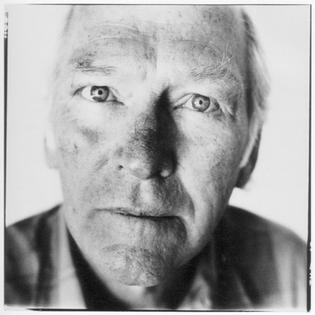A Quote by Thomas Huxley
It is not to be forgotten that what we call rational grounds for our beliefs are often extremely irrational attempts to justify our instincts.
Related Quotes
There was an idea that God created man different from other animals, because man was rational and animals had drives and instincts. That idea of a rational man that was specially created went out the window when Darwin showed that we evolved from animal ancestors, that we have instincts, much as do animals, and that our instincts are very important. It was a much more sophisticated, nuanced, and rich view of the human mind.
What our leaders and pundits never let slip is that the terrorists-whatever else they might be-might also be rational human beings ; which is to say that in their own minds they have a rational justification for their actions. Most terrorists are people deeply concerned by what they see as social, political, or religious injustice and hypocrisy, and the immediate grounds for their terrorism is often retaliation for an action of the United States.
While reasons are provided by the facts,...rationality...depends instead on our beliefs. [...] [I]f I believe falsely that my hotel is on fire, it may be rational for me to jump into the canal. But I have no reason to jump. I merely think I do. And, if some dangerous treatment would save your life, but you don't know that fact, it would be irrational for you to take this treatment, but that is what you have most reason to do.





































